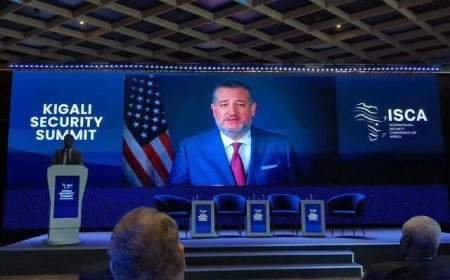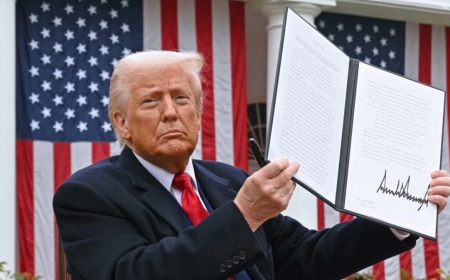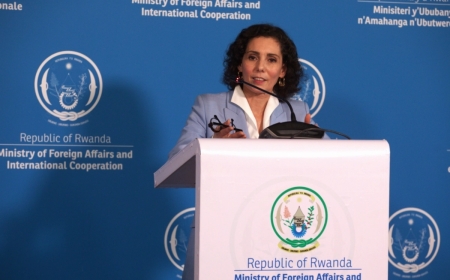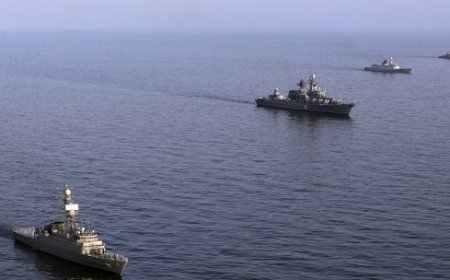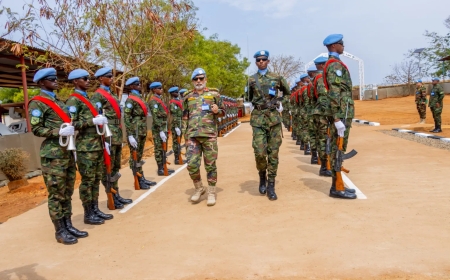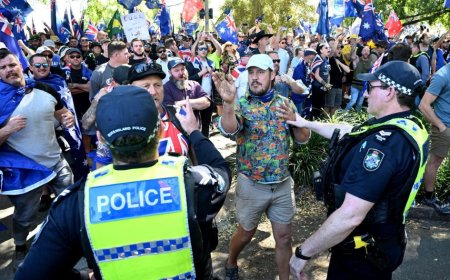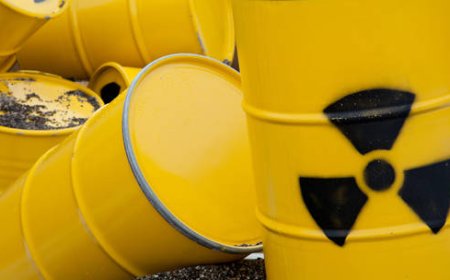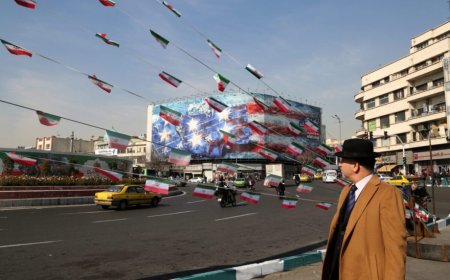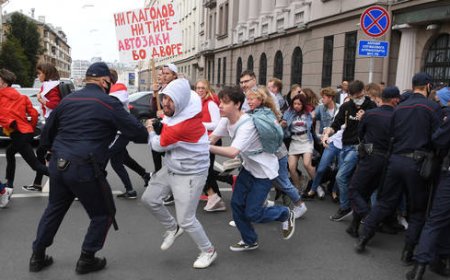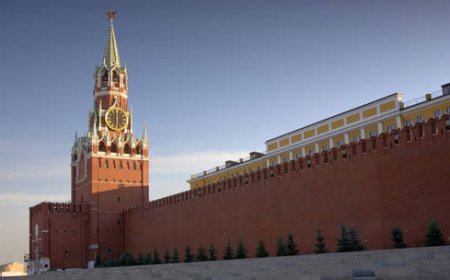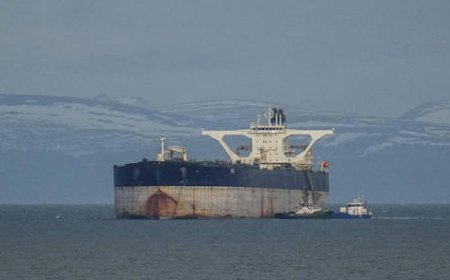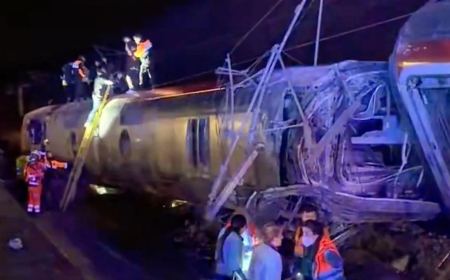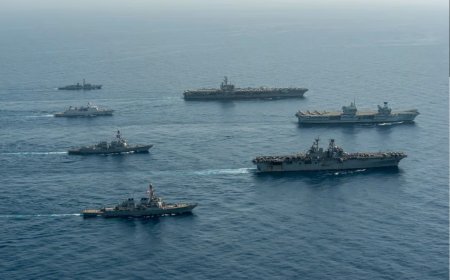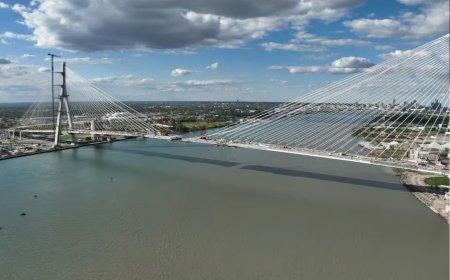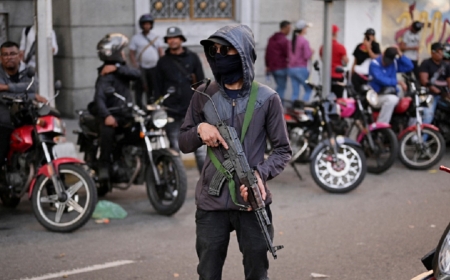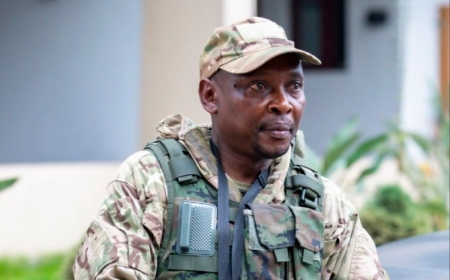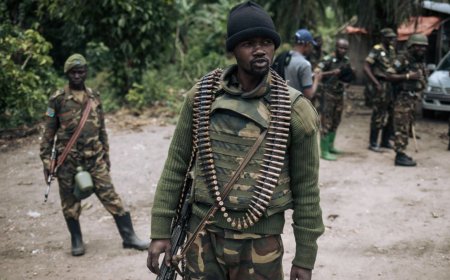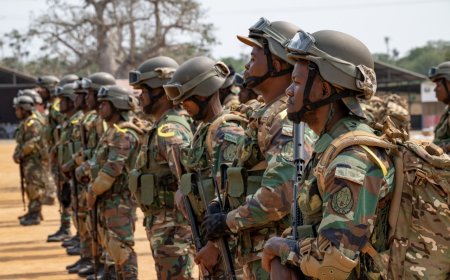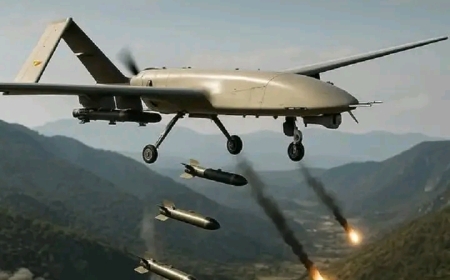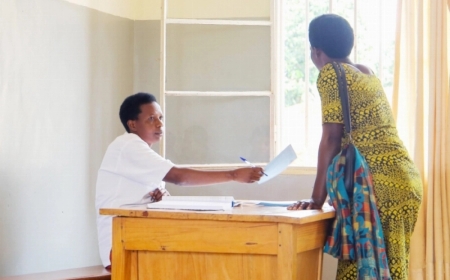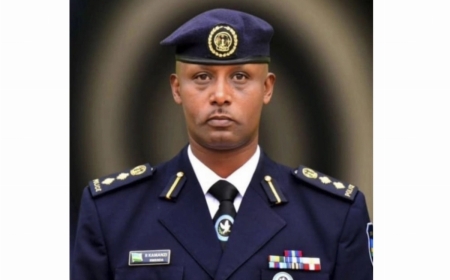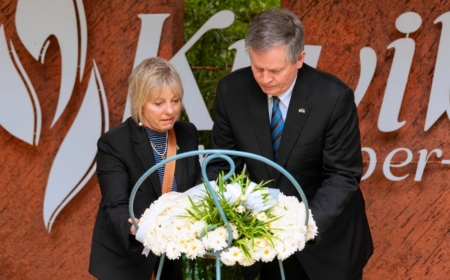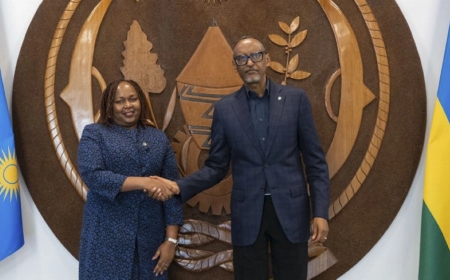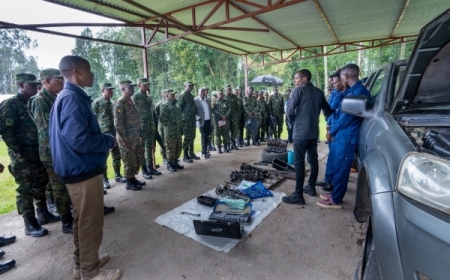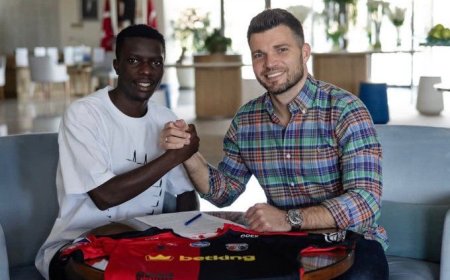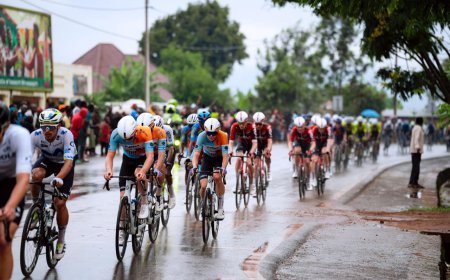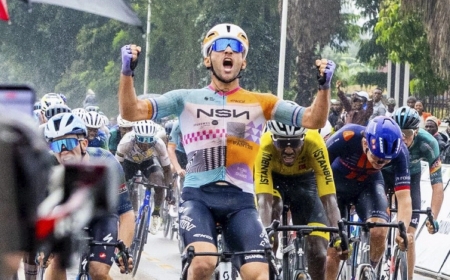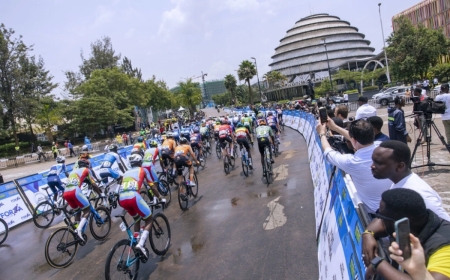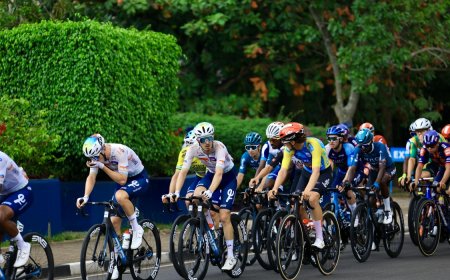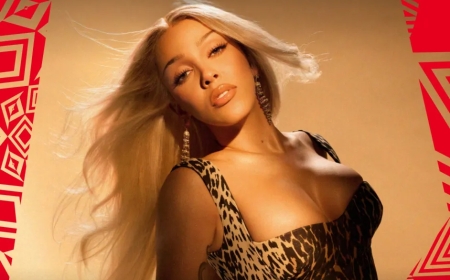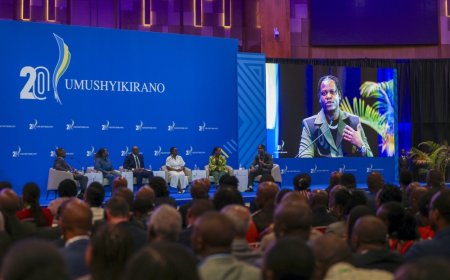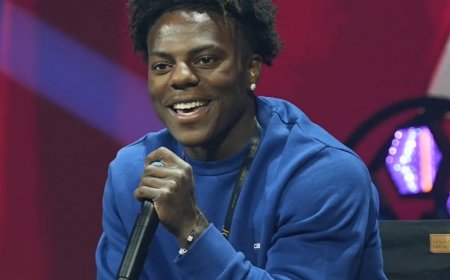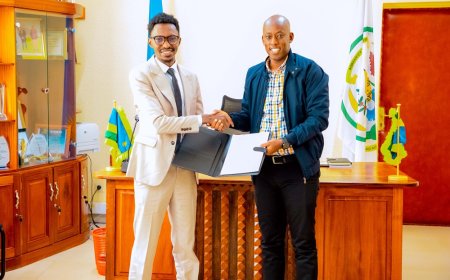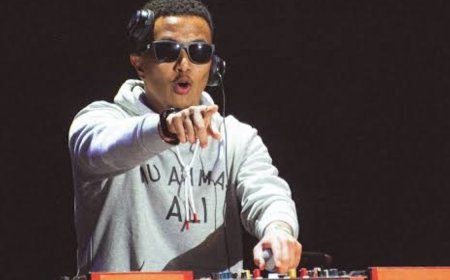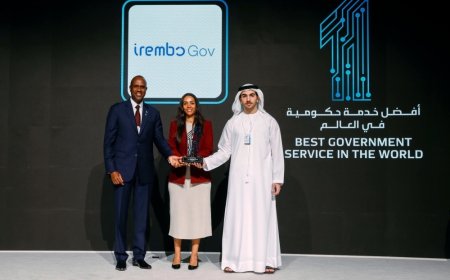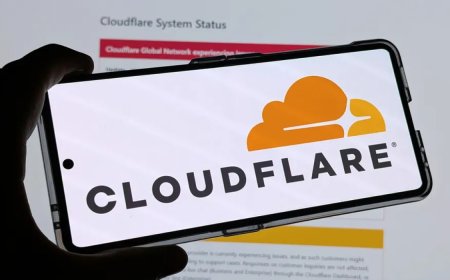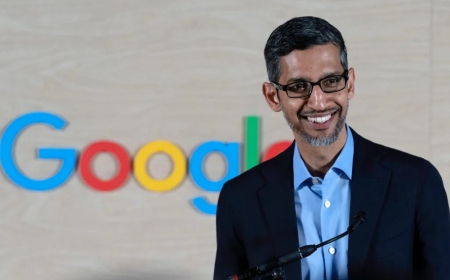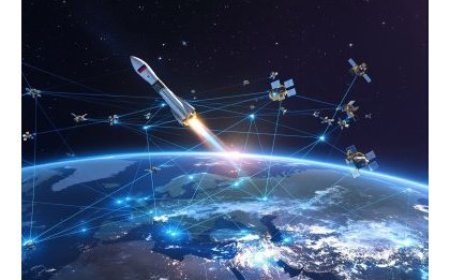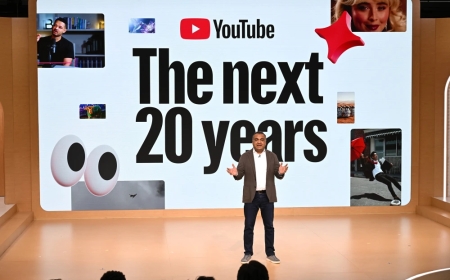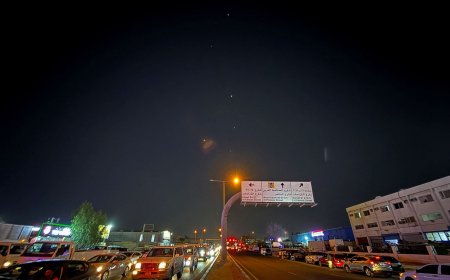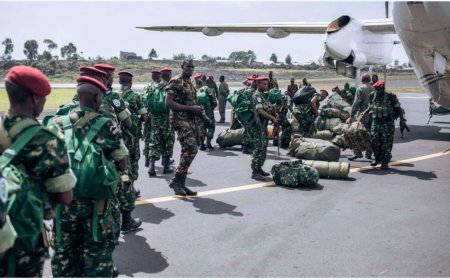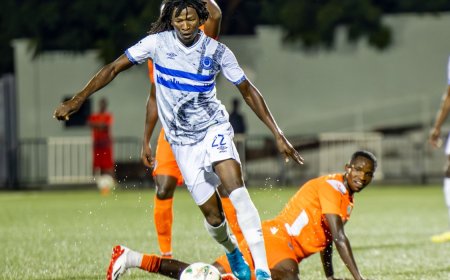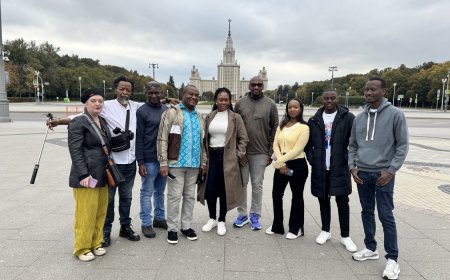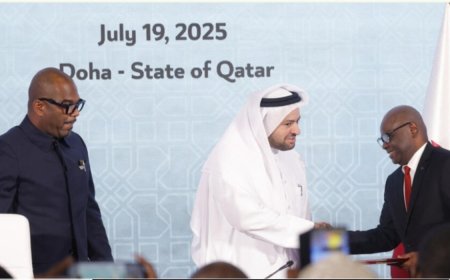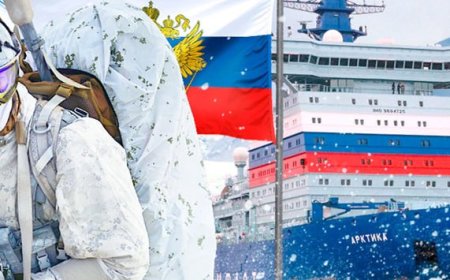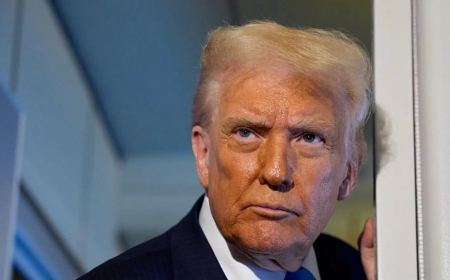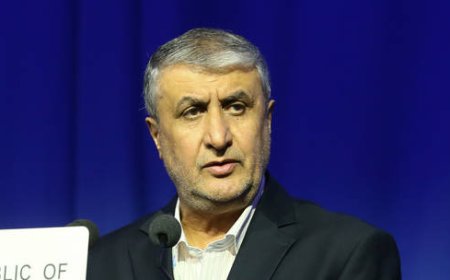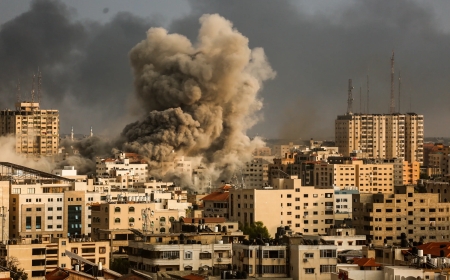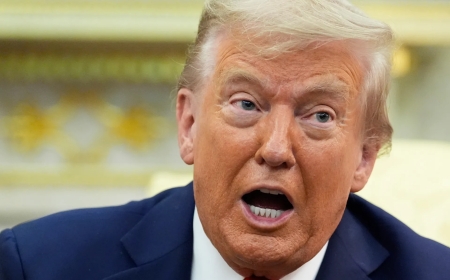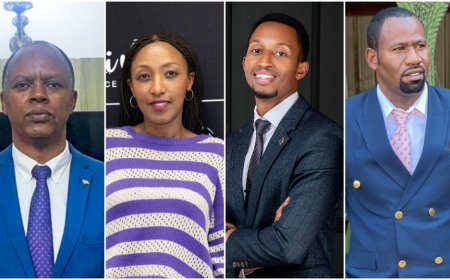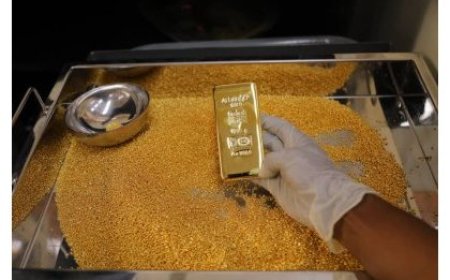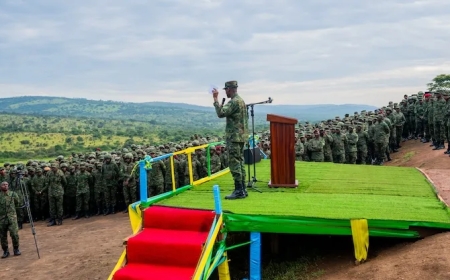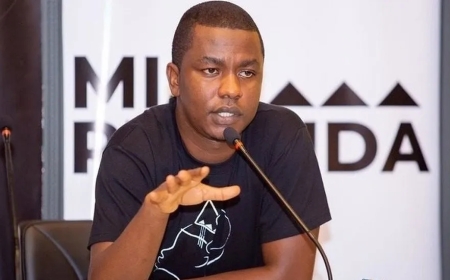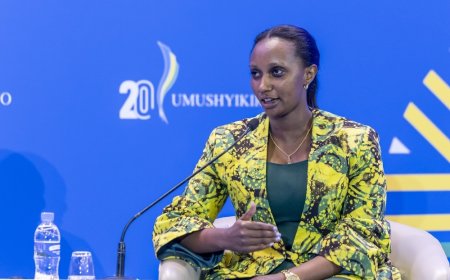Rwanda at 31: Liberation anniversary marks continued transformation
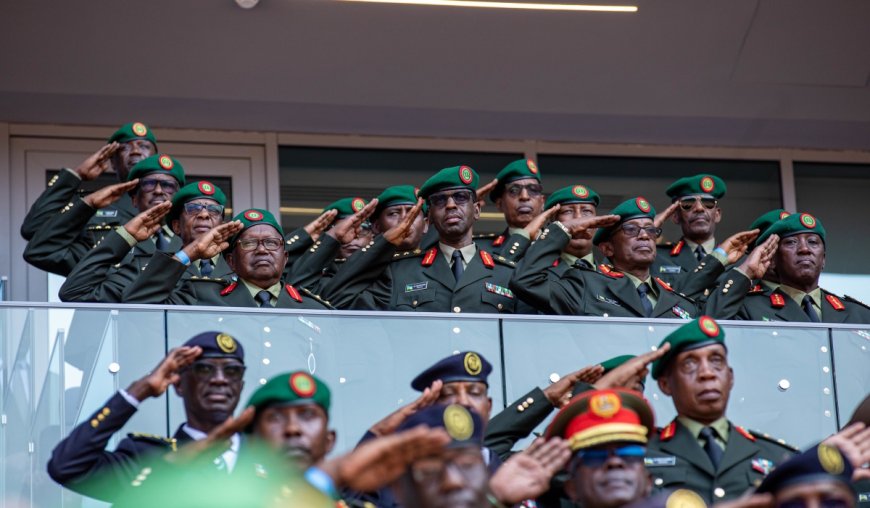
Rwandans and friends of Rwanda on Friday, July 4 mark the 31st anniversary of liberation (Kwibohora31), celebrating the achievements made since 1994 when the Genocide against the Tutsi was stopped by Rwanda Patriotic Front/Rwanda Patriotic Army.
The war to liberate Rwanda began on October 1, 1990, as the RPF/RPA sought to end decades of bad governance, discrimination and exclusion that had forced many Rwandans to flee their country.
On Liberation Day, Rwandans reflect on the country’s reconstruction journey from the Genocide, which claimed one million lives, and the continuous efforts to develop socioeconomically.
The national holiday honours the sacrifices of the men and women who participated in the liberation struggle, seeking to end more than three decades of exile and discriminatory policies that characterized the first and second republics, which enshrined hate against the Tutsi, culminating in the tragic event of 1994.
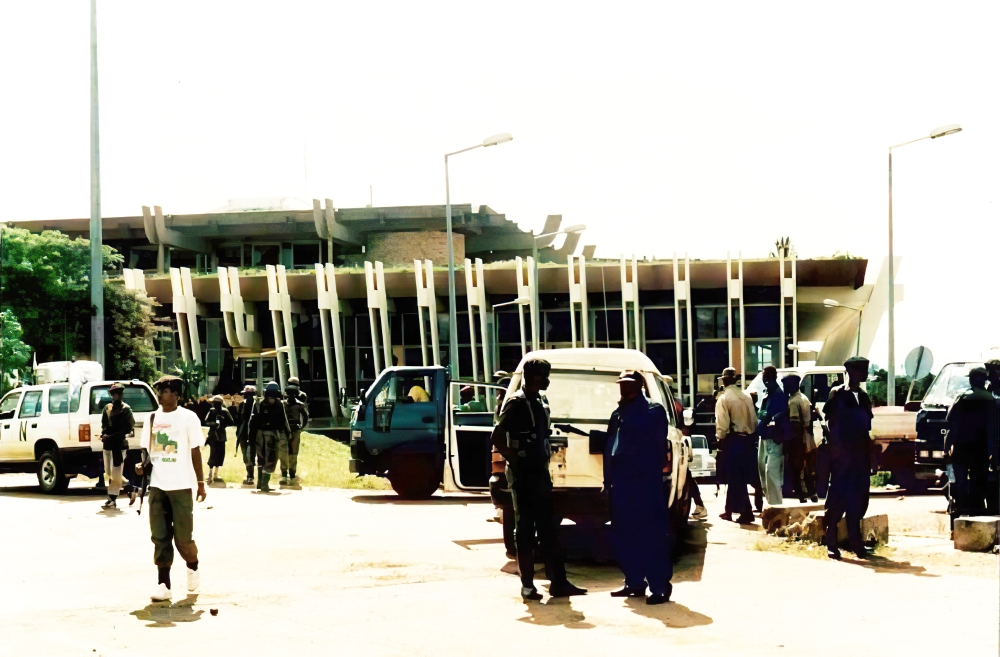
Over the decades, Rwandan refugees had tried to return to their country since they fled the pogroms of 1959, which followed what was described as a revolution constituting the toppling of the monarchy.
The RPF/RPA struggle, led by President Paul Kagame, ushered in a new era of national unity and this has guided national policy across all sectors.
“True liberation came after halting the 1994 Genocide against the Tutsi and putting an end to the historical discrimination against a specific group of people,” Brig Gen Ronald Rwivanga, the spokesperson of Rwanda Defence Force (RDF), said in an interview with The New Times.
“The stopping of the Genocide and the defeat of the genocidal forces in 1994 marked the liberation of the country. But true liberation, as the President stated in 1993 that the army will be the bedrock for the transformation of the country, means that we need to do more than just liberate ourselves from bad leadership, we need to fight another evil – poverty and social distress.”
Rwivanga noted that this year’s Liberation Day will not be marked with a national event, since major national celebrations as usually held every five years. Such grand celebrations were made last year at Kwibohora30.
On July 3, the Ministry of Defence and the RDF closed this year’s Defence and Security Citizen Outreach Programme with the unveiling of various socio-economic activities including homes built for vulnerable families and water and electricity infrastructure in different parts of the country as well as the provision of free medical services.
The military has followed up on the task they were assigned by President Kagame, Rwivanga said, and they have supported the government and other institutions to improve the welfare of Rwandans.
Rwanda has made progress in various sectors over the past quarter century. For example, life expectancy has increased from 51 years in 2002 to 70 years in 2022, according to the National Institute of Statistics of Rwanda. The poverty rate declined from 58.9 per cent in 2001 to 27.4 per cent in 2024. The rate of households with access to drinking water reached 90 per cent in 2024, while access to electricity reached 72 per cent.
“Today, we have transformed our country and this is a continuation of the liberation," said the military general. "We are liberating ourselves from poverty. Liberation is not a preserve of the army.”
He added that all institutions, the government, civil society, and international partners contribute to the security and stability of the country.
“We believe that human security is at the centre of the quest for stability. Everybody should be involved in national transformation, especially the youth. The youth are the ones who drive the process that we started.”
‘Socioeconomic transformation a top priority’
For Ambassador Charles Murigande, a former Minister of Foreign Affairs and former Secretary General of the RPF, Rwanda’s liberation has also been marked by the provision of equal rights and justice for all citizens and that’s a continuous journey.
“We must continue building a Rwanda where every citizen enjoys equal rights and protection under the law,” Murigande said in an interview.
“This requires a justice system led by people of integrity – free from all forms of corruption, whether financial or rooted in favouritism based on appearance, background, or personal connections.”
Like Rwivanga, Murigande also emphasised the need to continue efforts to fight poverty for the country's liberation to be fully realized.
“Poverty remains a key challenge,” Murigande said. “Though progress has been made, it has not been fast or widespread enough. Poverty makes people vulnerable to manipulation, and socioeconomic transformation must remain a top priority – creating and fairly distributing wealth to uplift every Rwandan.”
The veteran politician noted President Kagame’s leading role in the country’s liberation and post-Genocide reconstruction.
“One of President Kagame’s greatest achievements has been restoring the dignity of Rwandans, teaching us that we are no less than anyone else in the world. That belief in our worth has empowered us to dream, innovate, and rebuild,” he said.
Young people, like Kevine Umurerwa, a 25-year-old resident of the City of Kigali, recognise the cost of liberation and the task that awaits them in sustaining the progress made since 1994.
“When I look at Rwanda today, the unity, the development, the growing tourism sector, and the peace we enjoy, I feel nothing but pride,” Umurerwa said, adding that this is a result of sacrifices made by brave Rwandans who chose the right path.
“I'm proud to live in a Rwanda they helped build. As the younger generation, we owe it to them to protect and sustain what they fought for. We must not allow ourselves to be misled by people trying to divide us or drag us back into the past. It’s our responsibility to preserve peace, promote unity, and reject negativity, especially online.”
